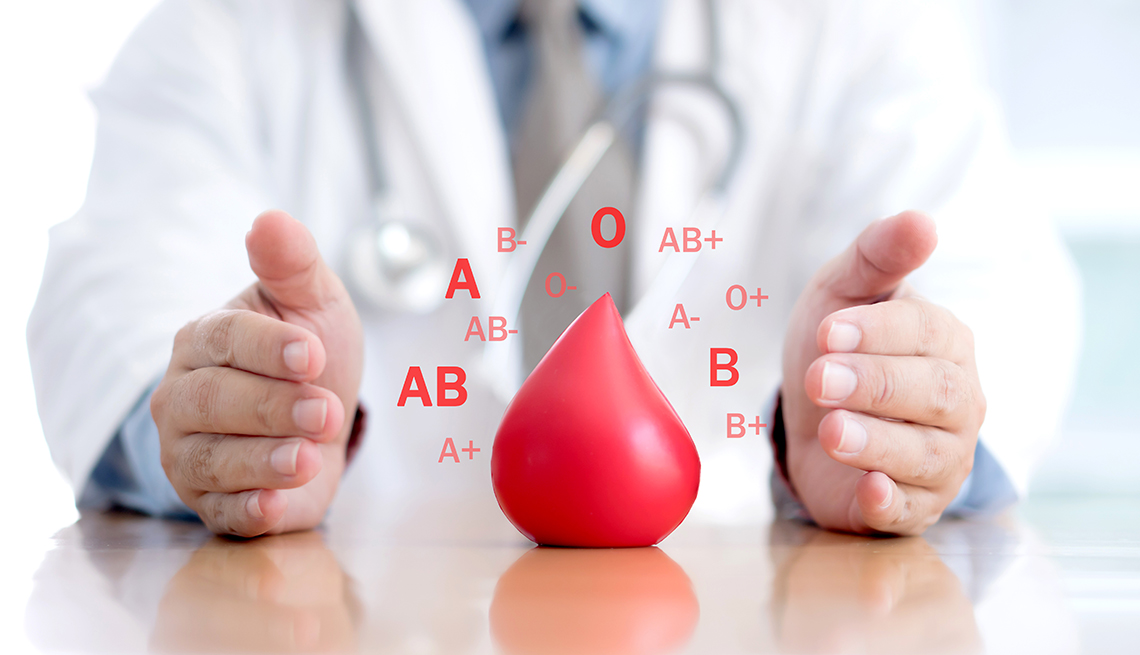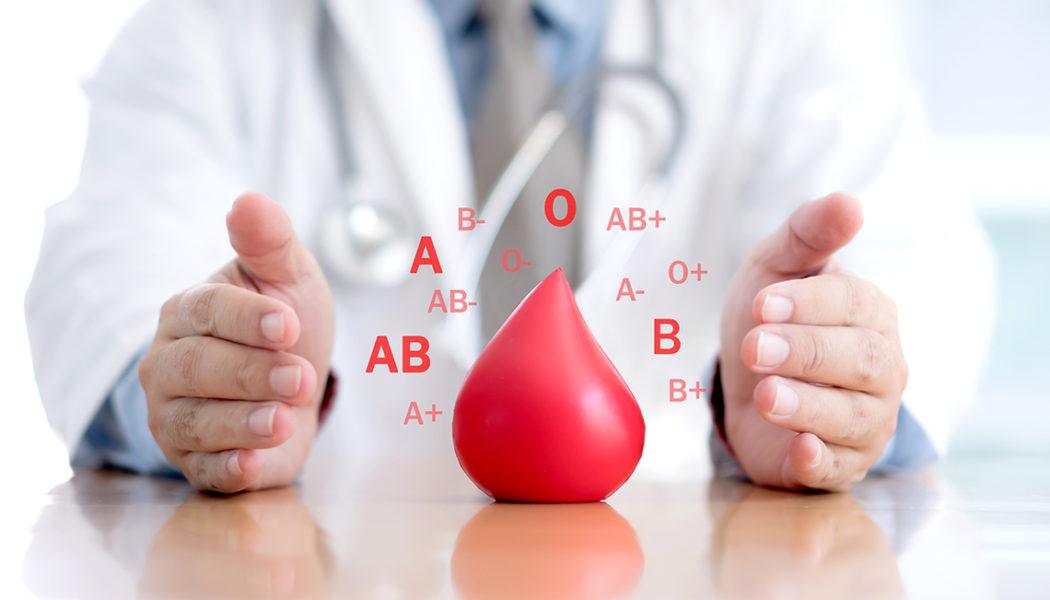
What you can do
It’s important to keep research findings in context. Though certain blood types could mean an increased chance of health problems such as blood clots and stroke, the risk is relatively small compared with the dangers of smoking and high blood pressure, and blood type doesn’t tell you much about your personal risk, Cushman points out.
You also shouldn’t let your blood type give you a false sense of security. If you’re having surgery or if you have cancer — both situations that can raise the risk of blood clots — Cushman recommends that you talk to your health care provider about a blood clot prevention plan. “If you have O blood type, you may have slightly lower risk of some diseases like thrombosis, but it doesn’t completely protect you from the risk,” she says. Thrombosis occurs when clots block blood vessels.
Knowing your blood type may give you added insight into your heart health, Salazar says. Though doctors often talk about manageable risk factors, such as high blood pressure, diabetes and smoking, there’s less conversation around genes or the genetic risk for heart disease, he says. Having a patient’s blood type is a “way to try to narrow down individuals who may be at high risk,” he says. For these people, following the American Heart Association’s Life’s Essential 8 — eating right, staying active, not smoking, getting enough sleep, managing weight, controlling cholesterol, managing blood sugar and managing blood pressure — may be even more important.
Regardless of your blood type, everyone should have a heart-healthy lifestyle, Cushman says. “Following the guidance of the American Heart Association’s Life’s Essential 8, for example, will add years to your life and reduce your risk of thrombosis-related outcomes like heart attack, stroke and venous thrombosis,” she says.
How to find out your blood type
A simple blood test can reveal your blood type. If you’re curious, you can ask your doctor to have it tested the next time you need bloodwork. There’s another very quick and easy way to figure out your blood type that’s also altruistic: Give blood.
A 2019 national survey conducted by the Red Cross found that more than half of people believe they need to know their blood type to do so, but that’s not true. Once you give blood, you’ll learn your blood type when you receive your donor cord, and you can create a profile through the Red Cross Blood Donor App. Slightly more than a third — 37 percent — of the world’s population has the most frequently occurring blood type, O+.









